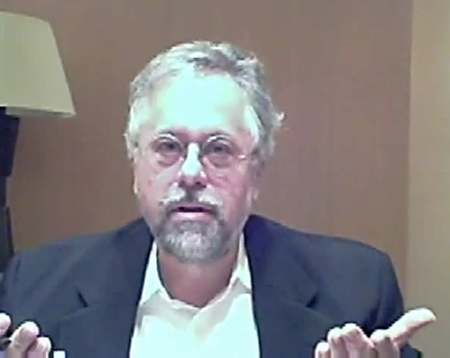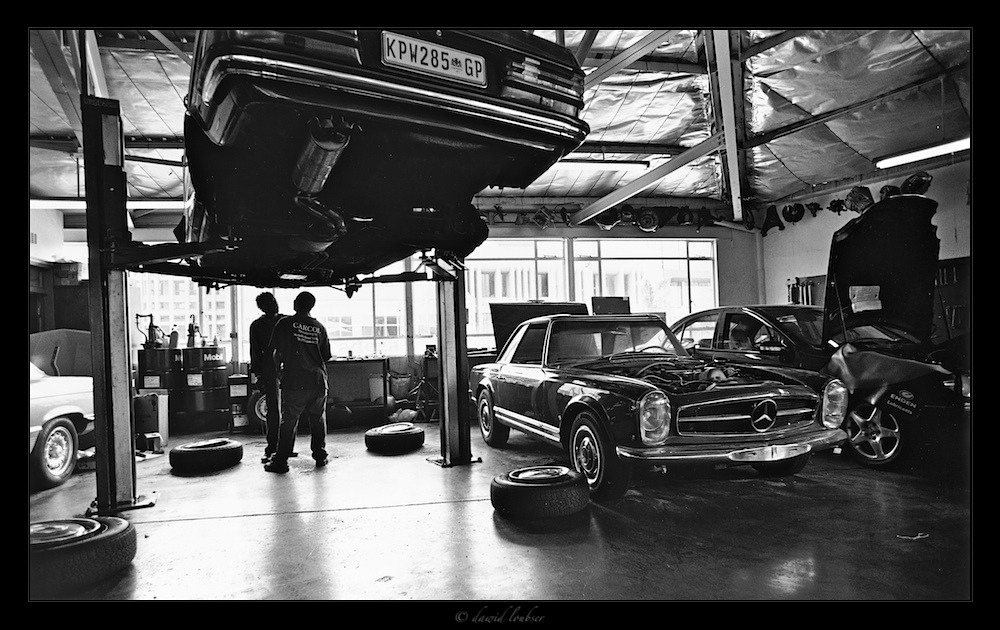View this radio advertising critique on YouTube.
 A few years ago I conducted this impromptu interview with radio personality and imaging wizard Howard Hoffman.
A few years ago I conducted this impromptu interview with radio personality and imaging wizard Howard Hoffman.
As you’ll see, in less than 5 minutes we manage to cover the highlights of Hoffman’s career…
…including, of course, his involvement in the legendary NINE tape.
View this Howard Hoffman Nine Tape video on YouTube.
This is the final in a series of career advice for radio professionals.
Protect Your Future.
There is at most only one person at your radio station who truly cares about your career.
If you don’t care enough about what happens to you when there’s a change in format or management or ownership or ratings, don’t expect someone to come along and tell you what you should be doing to insure your professional and financial security.
Here are three things you already should be doing.
1. Saving your money
Financial experts commonly recommend stockpiling the equivalent of six months’ salary. (I’ll pause for a moment for the laughter to die down among our readers.)
No matter how much (or little) you make, resolve to put 15% of each paycheck into the bank.
Yes, it might take some budgeting on your part. But it might also mean the difference between finding yourself unemployed and desperate for any job that’s offered…and being able to wait for the right offer to come along.
 2. Negotiating your employment contract
2. Negotiating your employment contract
Whether or not it’s in writing, you do have an employment contract.
Most jocks are told, “Here’s our first and final offer; take it or leave it.” That’s almost never the truth — and certainly not when a station seeks to retain a proven performer.
There are plenty of resources that unravel the mysteries of negotiation. Here’s my favorite crash course in negotiating. Asking for what you deserve doesn’t need to be as daunting as you think.
3. Making friends in your local radio community
Yes, I know this will turn some program directors apoplectic. They look upon radio as nothing short of war, and having friends at other stations is tantamount to treason.
But look around you.
Our industry offers disc jockeys less security than ever before. When your shift suddenly is voicetracked by someone from out of town and you’re on the street, will you be glad that you treated your fellow professionals like scum…simply because they had the audacity to choose the same career as you?
An auto repair shop that devotes any of its radio commercial to boasting about having “factory trained mechanics” is like a dental practice declaring, “Our dental hygienists are licensed!”
While plenty of automobile mechanics aren’t “factory trained,” that has more meaning to the shop than it does to potential customers.
The advertiser might think that should be an important selling point. But people want a good mechanic who is honest and reliable.
Being “factory trained” is not an assurance of expertise, of honesty, or of reliability. It might well be something the mechanics are proud of, but it shouldn’t be in the radio commercial.
Use your precious advertising time to solve the targeted consumer’s problem, not to answer questions the consumer isn’t asking (“Are your mechanics factory trained?”).
This is the fifth in a series of radio career advice.
Build Your Career.
Most disc jockeys learn the basics…and then coast for the rest of their professional lives.
They have jobs, not careers.
Let’s face it: The technical demands of being a radio personality are about on a par with driving a car with manual transmission. It just ain’t that difficult.
To have a career in radio and not just a job, you need to develop a mastery of performing skills.
But delivering the goods to your audience isn’t always enough to insure professional longevity. It also pays to promote yourself within the industry and to make friends within your profession.
I hate the word “networking,” because it implies spending all of your energy handing out business cards and looking to make “contacts.”
But having friends in the industry can be of immense help — for mutual support, inspiration, advice and, yes, even jobs on occasion.



